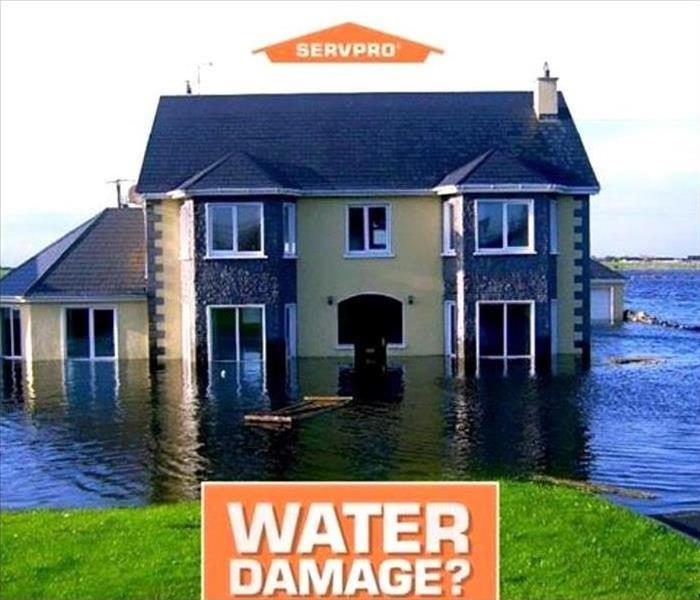Causes of Water Damage In The Home
8/19/2019 (Permalink)
Here is a list of the top water damages in the home and how to prevent them:
1. Broken Pipes and/or hoses are the most common cause of water damage. The supply line to the toilet and the line to the ice maker cause more water damages than you think they do.
Broken hoses or pipes can be prevented with routine maintenance and replacing outdated ones. Metal braided lines are the best for washing machine supply lines. Copper pipes are the best choice for ice maker supply lines. A plumber can come to your home and inspect pipes to see if any old pipes need to be replaced with PVC piping. And in the winter time remeber to leave water dripping to prevent freezing.
2. Accidents are the second most common cause of water damages in the home. A heavy picture could fall and break a supply line to a toilet, we've seen it happen. Has your child ever overflowed the bathtub? Mine has! The water over flowing the tub can cause water damage.
Accidents can sometimes be prevented. Watch your children. Supervise bath time. Rethink the weight of a picture or object or make sure it is secured properly.
3. Those gross sewage back ups are the third most common cause of water damages in the home. No one likes to talk about them. It's nasty and we get it, but it happens.
Trees should not be planted near septic tanks or sewer lines. Keep in mind how far a trees root can spread as well. Another way to help prevent these back up is to have septic tanks serviced regularly (a plumber or septic compnay can advise you on how often this needs to be done based on how many people live in your home). Also, check with your home improvment stores for products that can be flushed that can help.
4. Flash flooding is the fourth most common cause of water damages in the home. In our area rain storms can often come with flash flood warnings. These flash floods can cause water damage to homes not in a traditional flood zone.
We can't help you prevent flash floods, no one can. However, we can advise that you speak with your insurance agent to see if you are covered in the event of a flash flood.



 24/7 Emergency Service
24/7 Emergency Service
